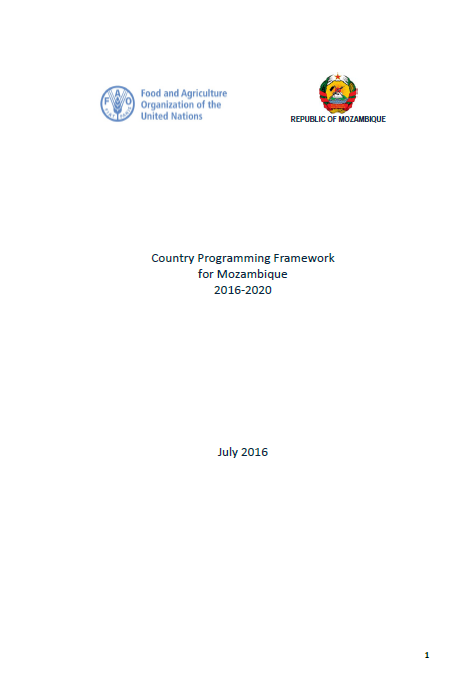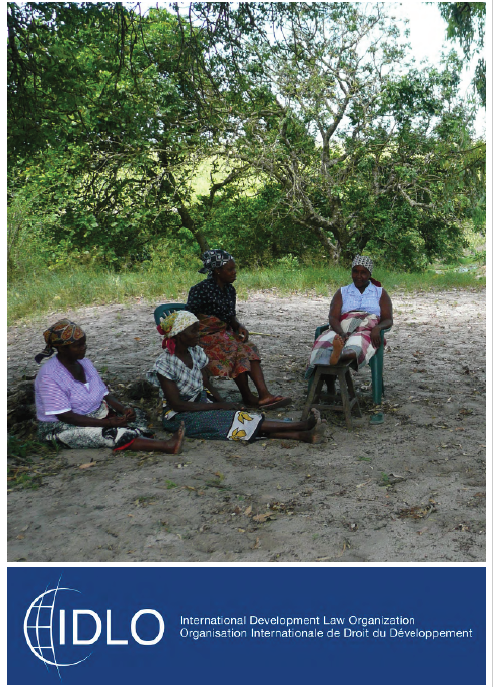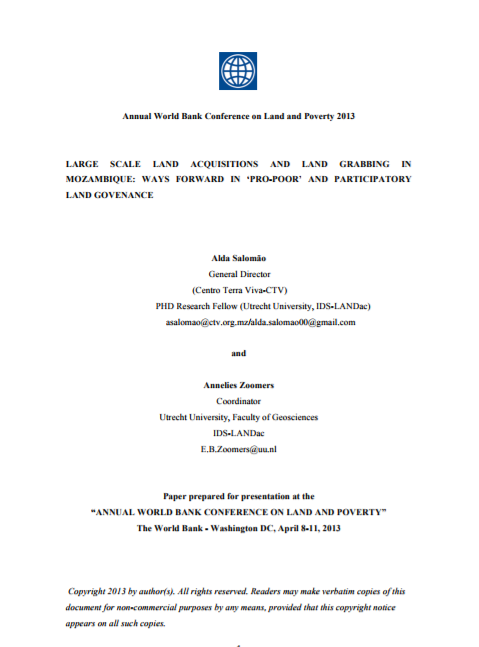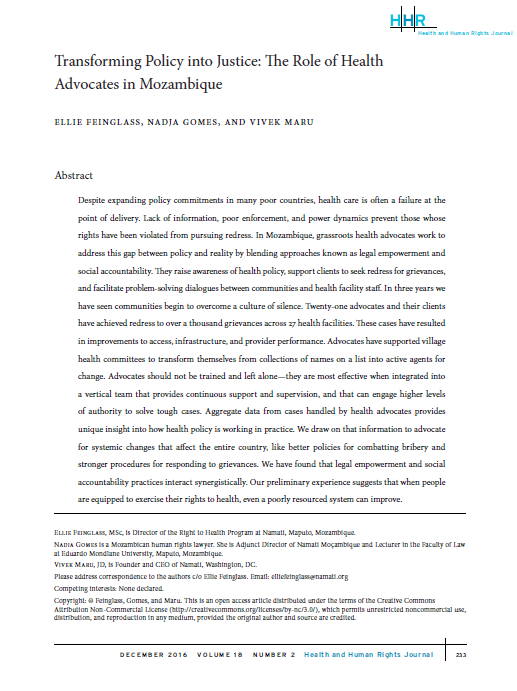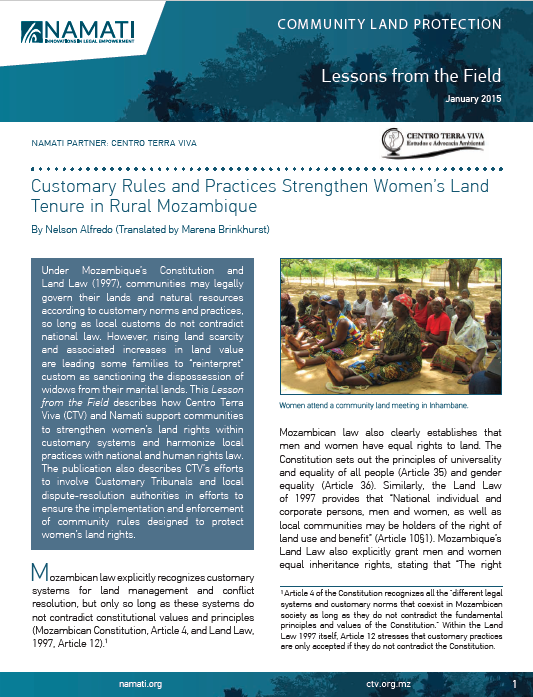
Topics and Regions
Details
Location
Contributions
Displaying 11 - 20 of 223FAO-EU FLEGT PROGRAMME
The FAO-EU FLEGT Programme has committed to a significant contribution to global Forest Law Enforcement, Governance and Trade (FLEGT) achievements in 2017 under the Phase III programme. This year’s objectives were to increasingly operationalize the projects that were endorsed under the first two calls for proposals in the Voluntary Partnership Agreement (VPA) countries and ensure productive results from these projects that will have a positive effect on the VPA processes.
Transboundary threats to food and nutrition security in Southern Africa
Welcome to this inaugural issue of a quarterly Bulletin that highlights outbreaks of transboundary pests and diseases that have the potential to impact food and nutrition security in southern Africa. The Bulletin also captures recently concluded and upcoming events that are being organized by Food and Agriculture Organization of the United Nations (FAO) and stakeholders to improve the capacities of partners in preparedness and response to crop and livestock emergencies in the
region.
Farmers improve food and nutritional security through agroecology in Mozambique
For over a decade ActionAid Mozambique (AAMoz) has worked with strategic partner organisations in the south and north-east of the country to promote agroecology initiatives with 80 farmers’ associations consisting of over 8000 farmers. 96% of the members are women and 30% of them young people, cultivating an average of 90.9 hectares per association and striving to improve agricultural production.
Country Programming Framework for Mozambique
This Country Programming Framework (CPF) sets out three government priority areas to guide the United Nations Food and Agriculture Organization (FAO) partnership and support with the Government of Mozambique – bringing together innovative international best practices and global standards with national and regional expertise during 5 years from 2016 to 2020.
Enhancing Legal Empowerment Through Engagement with Customary Justice Systems
The complex relationship between law, land rights and customary practices is increasingly recognized as foundational to formulating successful development policies. Similarly, the essential role of women’s economic participation to development and the current trend of gender discriminatory land and inheritance customary practices have prompted domestic civil society organizations in developing countries to use statutory provisions guaranteeing gender equality to improve women’s land tenure security.
Statutory recognition of customary land rights in Africa
This study examines the statutory recognition of customary land tenure in Botswana, Mozambique and Tanzania, which were chosen as case studies because of the diverse approaches to the issue they represent. Botswana's Tribal Land Act (1968) established a system of regional land boards and transferred the land administration and management powers of customary leaders to the boards, which originally included both customary leaders and state officials among their members.
Camponeses Realities - Their Experiences and Perceptions of the 1997 Land Law
Rural Communities have their own sets of laws rooted in their particular culture, environment, traditions and history that are separate from national laws. Lack of education, years of wartime political oppression and violence, and government-enforced cooperative ventures during the 1970’s have created a deep feeling of suspicion among rural small-scale farmers for all government laws and programs. This
conception has been reinforced by the fact that historically communities have only been made aware of
Large Scale Land Acquisitions in Mozambique: Ways Forward in ‘Pro-Poor’ and Participatory Land Governance
In international debates about land governance, Mozambique is often mentioned as an example of a country with favorable framework for local communities to benefit from landbased investments. However, it is also one of the countries highlighted in land grab debates for being one of the top countries where foreign companies and national elites are acquiring large extensions of land. It is increasingly clear that in spite of the favorable legal framework and pro-poor policies, local communities are under stress.
Transforming Policy into Justice: The Role of Health Advocates in Mozambique
Despite expanding policy commitments in many poor countries, health care is often a failure at the point of delivery. Lack of information, poor enforcement, and power dynamics prevent those whose rights have been violated from pursuing redress. In Mozambique, grassroots health advocates work to address this gap between policy and reality by blending approaches known as legal empowerment and social accountability.
Customary Rules and Practices Strengthen Women’s Land Tenure in Rural Mozambique
Under Mozambique’s Constitution and Land Law (1997), communities may legally govern their lands and natural resources according to customary norms and practices, so long as local customs do not contradict national law. However, rising land scarcity and associated increases in land value are leading some families to “reinterpret” custom as sanctioning the dispossession of widows from their marital lands.




